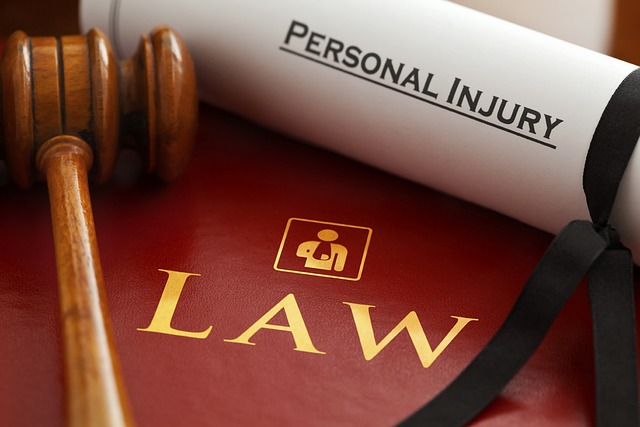Types of Damages Available in a Personal Injury Case
If you were hurt in an accident due to someone else’s negligence, you might be entitled to compensation. Personal injury victims can recover several types of damages, depending on the nature of the accident and the severity of the injury.
There are two main types of personal injury damages that victims can pursue: compensatory and punitive. It’s important to understand the types of damages available in a personal injury case so that you know what to expect when pursuing your claim.
2 Main Types of Personal Injury Damages
Pursuing damages in a personal injury case can help you remain financially stable while you recover from your injuries. However, Butler | Kahn explain that “Georgia law allows two years from the date of the accident to file a claim.” Depending on the state you live in, the statute of limitations may vary.
However, you can pursue:
1. Compensatory Damages
Compensatory damages are meant to make the victim whole financially, physically and emotionally. These damages can be divided into two categories:
Monetary losses
Non-monetary losses
Monetary Losses
Monetary losses are quantifiable and compensate victims for financial losses incurred from another person’s negligence.
Monetary losses include:
Medical expenses, including past and future medical care as well as rehabilitation. Future medical costs can be calculated by estimating the cost of care the victim will need for the rest of their life. Medical expenses can also include the cost of rehabilitation to help the victim recover from their injuries and return to work.
Lost income. Many victims are unable to return to work while recovering from their injuries. Lost wages can be recovered as well as lost earning capacity if applicable. When injuries are severe, victims may never be able to work in their field again, which can harm their earning capacity. Recovering lost earning capacity can help protect the victim against future financial strain.
Disability costs. Some injuries result in life-changing disabilities. Compensatory damages can be sought for the costs associated with living with a disability, such as renovating a home to make it wheelchair-friendly or hiring an aide.
Damaged or lost property. Victims can pursue compensation for property that was lost or damaged due to the accident.
Funeral expenses. If the victim succumbs to their injury, the family can seek compensatory damages for funeral costs.
Compensatory damages include multiple elements, and while some of these elements are monetary in nature, there are also non-monetary losses that must be considered.
Non-Monetary Losses
Monetary losses are not the only losses that a victim may suffer in a personal injury case. Additional, non-monetary losses will also be considered and will include:
Pain and suffering: Victims in a personal injury case often experience pain and suffering, which can be life-altering. Damages include both physical pain and emotional distress. In the case of emotional distress, the person may suffer from fear or loss of enjoyment because of the injury.
Loss of consortium: Spouses of victims can also seek damages for loss of consortium. Loss of consortium will include loss of certain elements of marriage, including affection, assistance, companionship and even sexual relations.
Non-monetary losses will require the help of an attorney to determine the potential value of the losses and if there’s enough evidence to prove them. Medical experts may be called into the courtroom to act as an expert to explain the extent of pain and suffering the victim may experience.
Calculating non-economic damages often uses a per diem, such as determining how much a single day without pain and suffering costs are multiplied by the typical recovery time in similar injuries.
Multipliers of the economic damages incurred may also be used to determine non-monetary losses.
2. Punitive Damages
Victims in a personal injury case do not receive punitive damages, but they can be assessed on the defendant. These damages are designed to punish the defendant for inflicting the injury and prevent them from performing a similar act in the future.
However, punitive damages are not sought in every personal injury case.
Instead, these damages occur when the defendant:
1. Engaged in highly egregious actions
2. Engaged in outrageous actions that led to the injury
For example, if a surgeon caused outrageous damage by operating on the wrong body part, this may be a case when punitive damages are applied. States often limit the amount of punitive damages in this example to a multiple of the compensatory damages awarded.
In most cases, punitive damages are only considered after compensatory damages are awarded.
Working with an attorney in your area can help you file a lawsuit – within statutory limits – and seek damages for your pain, suffering and monetary losses.

